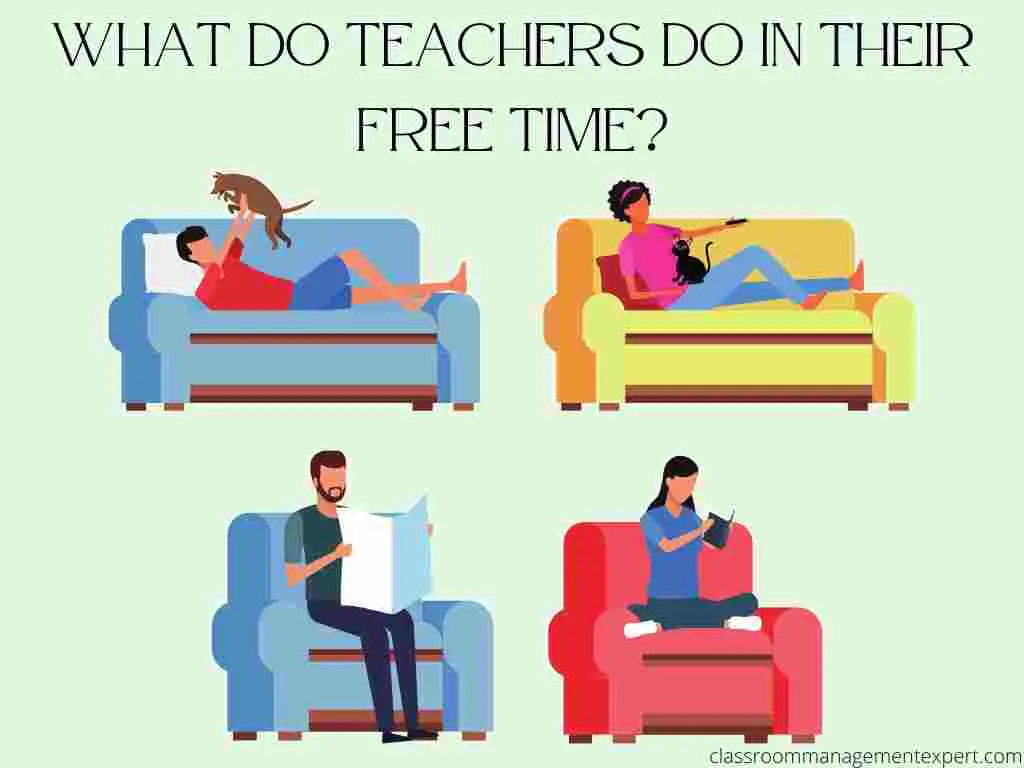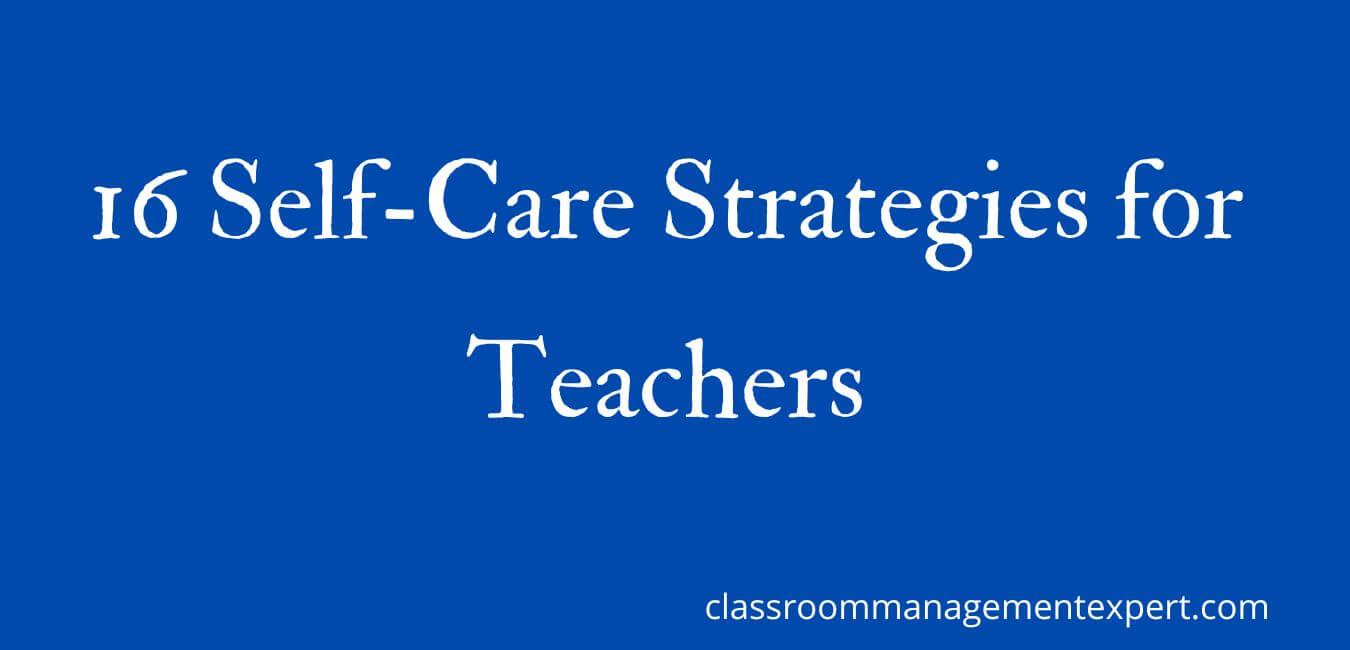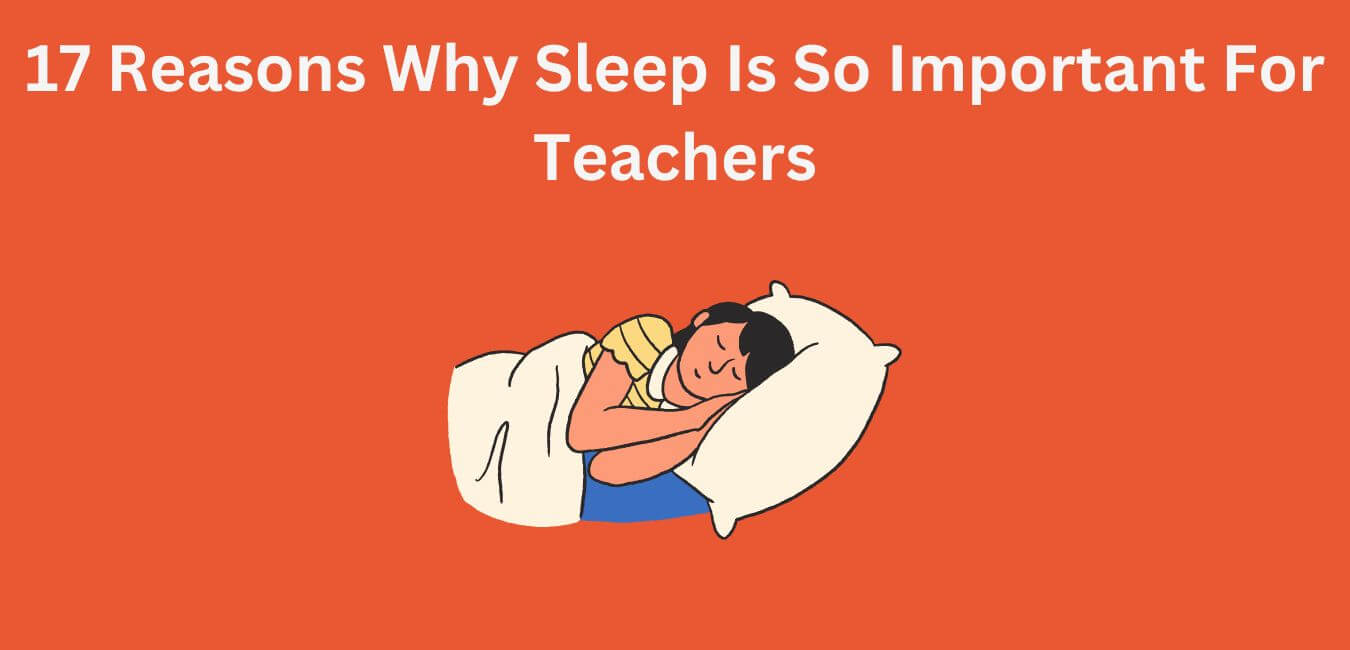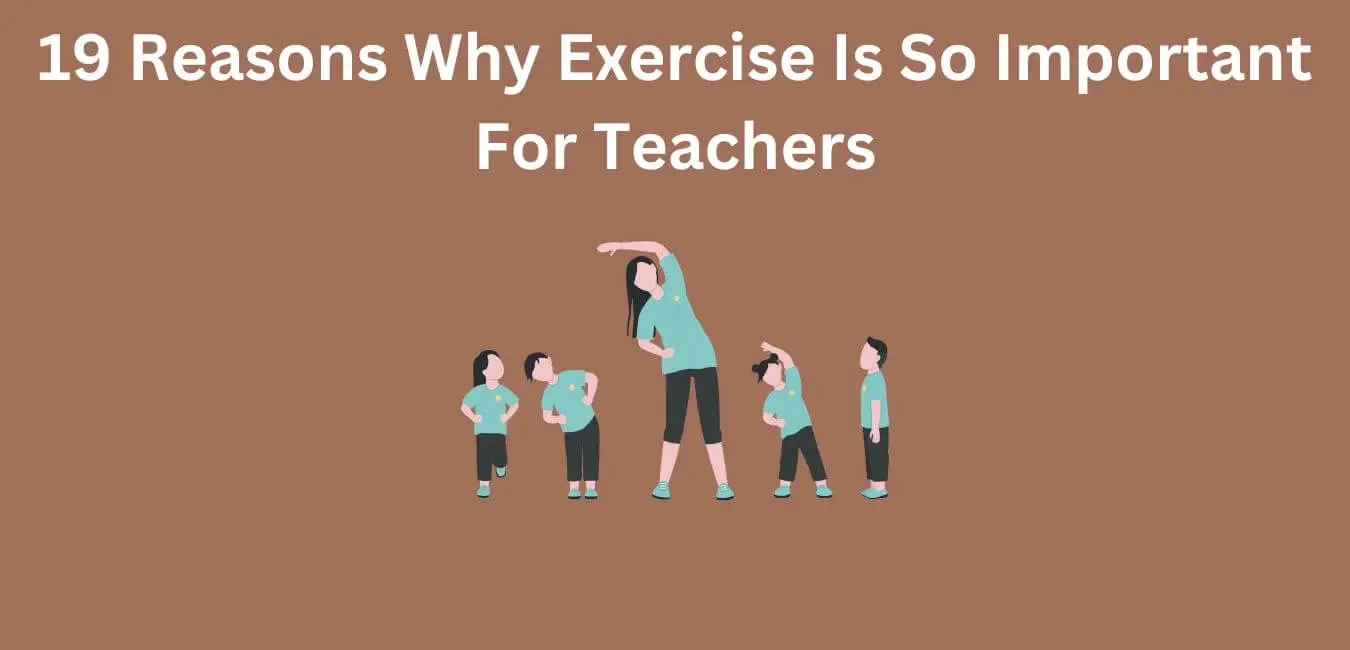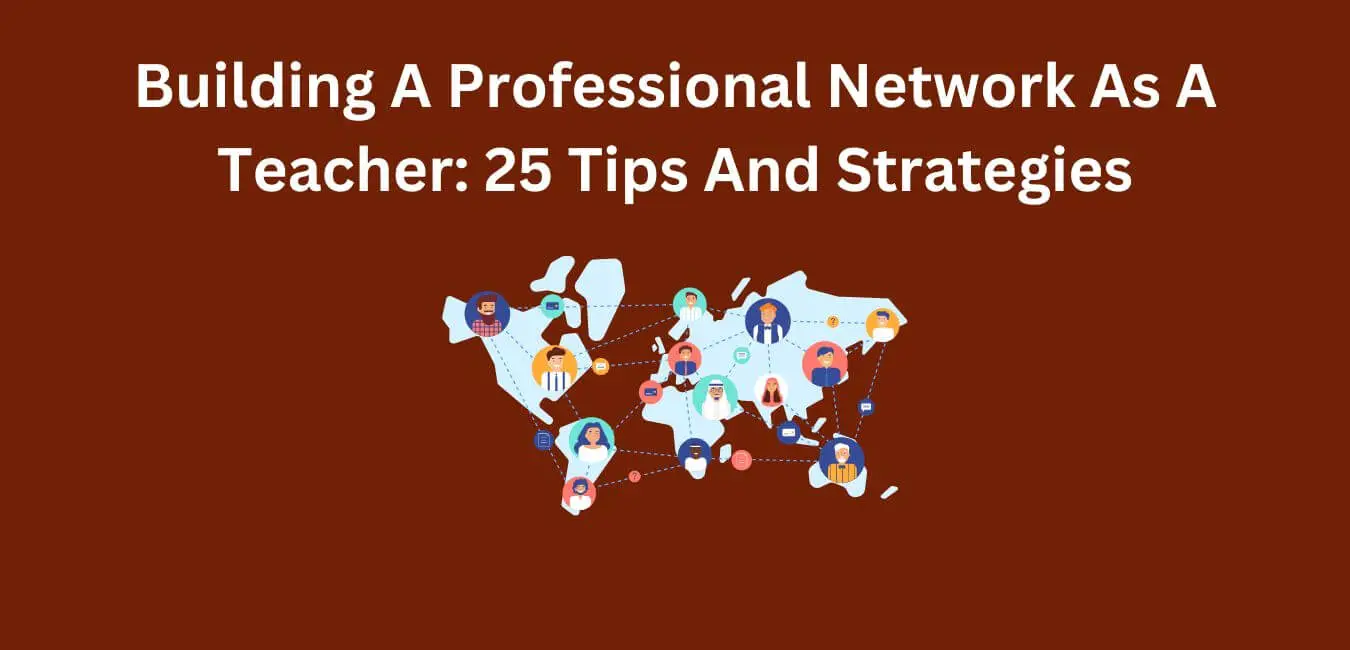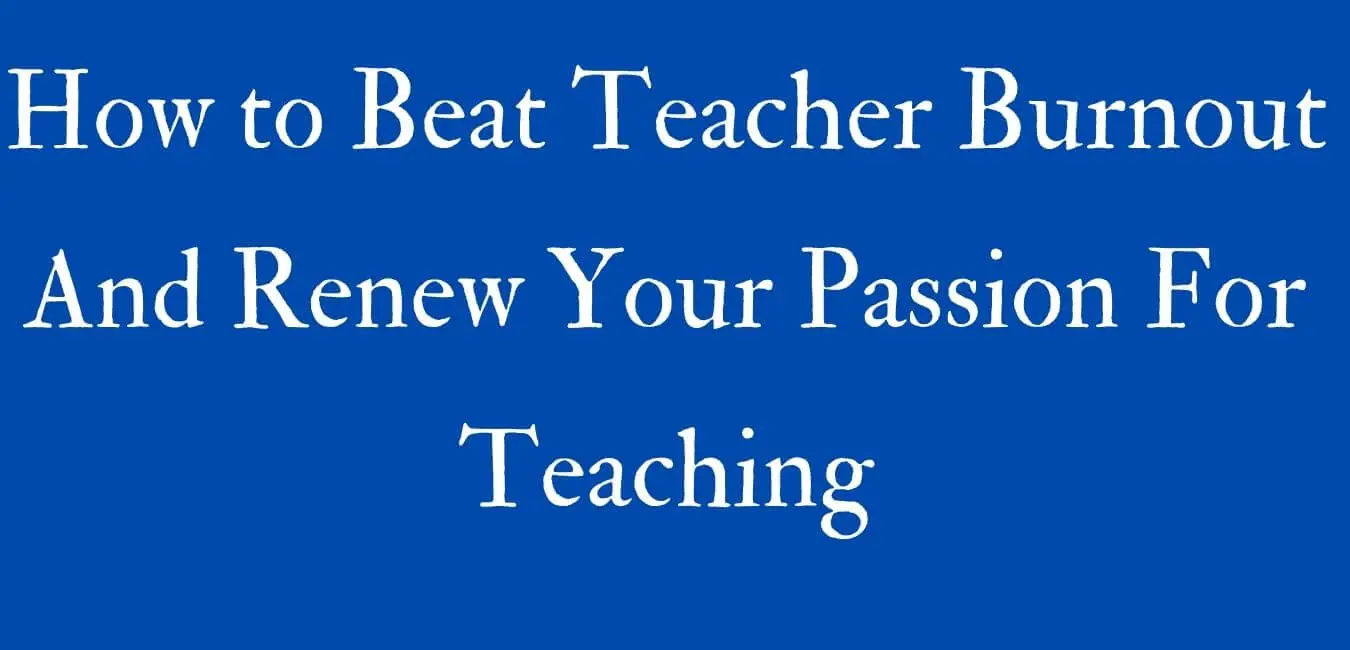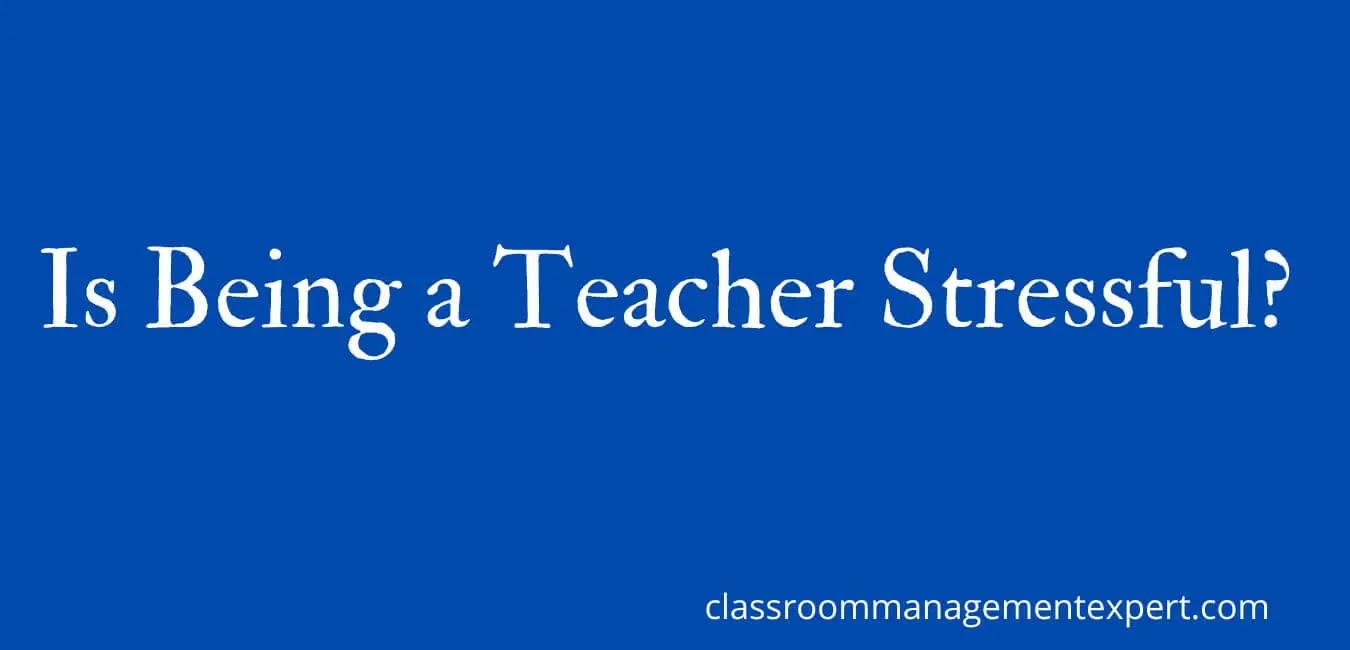Teachers are some of the busiest people in the world. They spend their days molding young minds and preparing them for the future. So what do they do in their free time?
In their free time, teachers can be found grading papers, preparing lessons, and meeting with parents. Some teachers also use their free time to tutor students or work on advanced degrees.
Moreover, many teachers also enjoy spending their free time with their families, friends, and loved ones. They also enjoy doing things that make them feel good, such as reading, listening to music, watching television, and spending time outdoors.
In this post, we will explore the activities that teachers do in their spare time as well as the reasons why teachers need some free time.
5 Reasons Why Free Time Matters for Teachers.
Free time may seem like a luxury for teachers, who are often bogged down by lesson planning, grading, and meeting with parents. However, free time is essential for teachers in order to avoid burnout and maintain a healthy work-life balance. Here are five reasons why free time matters for teachers:
1. Free time allows teachers to recharge their batteries.
Free time allows teachers to recharge their batteries. It is important for teachers to have time to themselves so that they can relax and rejuvenate. This helps them to be more effective in the classroom and better able to meet the needs of their students.
2. Free time gives teachers the opportunity to pursue their own interests.
Free time gives teachers the opportunity to pursue their own interests. This can be beneficial as it can help them to relax and recharge, which can make them more effective in the classroom. Additionally, pursuing interests outside of work can help teachers to develop new skills and knowledge that they can bring back to the classroom.
3. Teachers can use free time to catch up on much-needed sleep and relaxation.
Teachers often have to work long hours, and as a result, they can end up feeling very exhausted. During their free time, it is important for teachers to catch up on sleep and relaxation so that they can be refreshed and ready to teach again.
4. Teachers can use that extra time to volunteer in their communities.
Teachers can use the extra time they have to volunteer in their communities. This is a great way for them to give back and help others. It can also be a good way for them to meet new people and make new friends.
5. Free time allows teachers to participate in a hobby or engage in an activity that brings them joy.
Free time allows teachers to participate in a hobby or engage in an activity that brings them joy. This can help them to relax and recharge, so that they can be more effective in their work with students. Additionally, it can provide them with opportunities to learn new skills or knowledge that they can use in their teaching.
6. Free time gives teachers the opportunity to pursue their passions.
Teaching is a demanding job, and it’s easy to forget about your own interests when you’re bogged down with work. However, having some free time allows you to pursue your passions, whether it’s reading books, cooking, or spending time with family.
7. Free time allows teachers to do research and stay up-to-date on their subject matter.
Free time is important for teachers to stay current in their field and to do research. It allows them to keep up with new developments in their subject area and to explore new ideas. This keeps them fresh and excited about their work, which benefits their students.
8. Free time allows teachers to be organized and tidy.
Free time is important for teachers to be organized and tidy. This is because it allows them the opportunity to plan their lessons and materials in advance, as well as to keep their classrooms clean and orderly.
9. Free time allows teachers to help out struggling teachers.
Free time allows teachers to help out struggling teachers. This can be done by offering advice, providing resources, or simply lending a listening ear. This is beneficial for both the struggling teacher and the one offering assistance, as it can help improve morale and foster a sense of community within the school.
10. Teachers can use their free time to participate in extracurricular activities with students.
Teachers can use their free time to participate in extracurricular activities with students. This is a great way to get to know the students better and to build positive relationships with them. It can also help teachers to learn more about the students’ interests and abilities.
11. Teachers can use their free time to spend time with their families, friends, and pets.
Teachers can use their free time to spend time with their families, friends, and pets. This can be a great way to relax and recharge after a long day or week of teaching. It can also be a great opportunity to bond with loved ones and create lasting memories.
12. Free time allows teachers to attend educational conferences and workshops.
Free time for teachers is important to attend educational conferences and workshops. These events allow teachers to stay updated on new instructional methods, learn about new curriculum developments, and network with other educators. In addition, attending conferences and workshops can help teachers earn continuing education credits.
13. Teachers can use their free time to work on their projects.
Teachers can use their free time to work on their projects. This can help them stay creative and organized. Additionally, it can give them a sense of accomplishment outside of the classroom.
14. Teachers can use their free time to learn how to keep their students engaged.
Teachers can use their free time to learn how to keep their students engaged. There are many strategies that teachers can use to engage their students in learning, and by taking the time to learn about these strategies, teachers can ensure that their students are getting the most out of their education. Additionally, by keeping their students engaged, teachers can help them to retain more information and improve their grades.
15. Free time allows teachers to plan and grade their students.
Free time is important for teachers to have in order to plan and grade their students. This time allows them to go over material, create new lesson plans, and assess student progress. It is also a time when they can provide feedback and support to individual students.
25 Activities Effective Teachers Do in Their Free Time
One of the most common questions people ask teachers is what they do in their free time. While the answer may vary from person to person, there are some activities that many teachers enjoy in their free time. These activities include reading, spending time with family and friends, traveling, and continuing to learn. Here are 25 activities that effective teachers do in their free time:
1. They read textbooks and other educational materials.
2. They learn new things.
3. They take care of themselves physically and mentally.
4. They take care of their families and loved ones.
5. They stay organized and tidy.
6. They keep up with new technology.
7. They seek out new opportunities for professional development.
8. They network with other professionals.
9. They mentor new teachers and support staff members.
10. They volunteer in their communities.
11. They advocate for education reform at the local, state, and national levels.
12. They participate in extracurricular activities with their students.
13. They attend school events and functions even when they’re not required to be there.
14. They get to know their students’ families and build relationships with them.
15. They collaborate with other teachers to improve instructional practices.
16. They stay up-to-date on current education news and research.
17. They attend educational conferences and workshops.
18. They take continuing education courses.
19. They practice teaching lessons in front of other teachers.
20. They work on their own projects.
21. They exercise, eat healthy, and get enough sleep to maintain their health and energy level.
22. They go on field trips to visit other classrooms, museums, zoos, or historical sites.
23. They try new ways to keep their students engaged.
24. They plan lessons that are fun and engaging for the students.
25. They work on lesson plans and grade papers in their free time.
Conclusion
The 25 activities that effective teachers do in their free time are all important for helping them be the best educators they can be. By taking care of themselves, staying current in their field, and being involved in their community, they are able to recharge and be ready to face the challenges of the classroom. These activities help them to be more patient, understanding, and innovative when working with students.

